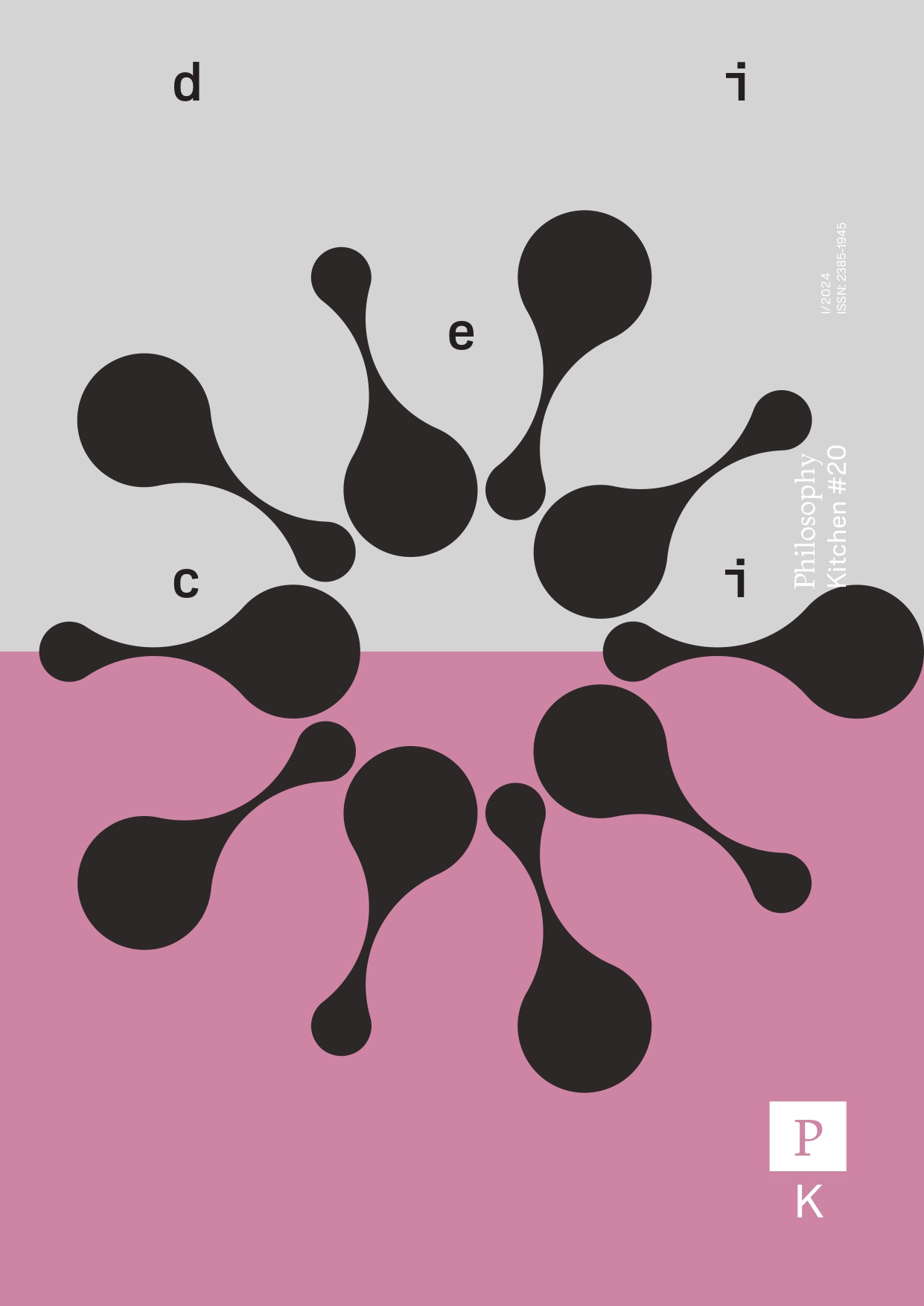Tra invarianti antropologiche e antropologia storica: la questione del divenire-umano in Peter Sloterdijk
DOI:
https://doi.org/10.13135/2385-1945/10877Abstract
This contribution aims to provide a selective analysis of Peter Sloterdijk’s philosophical production, specifically focusing on the anthropological problem. Contrary to common perception, Sloterdijk will be presented as an author who only partially belongs to the German philosophical anthropological tradition of the 20th century, encompassing figures like Max Scheler, Helmuth Plessner, and Arnold Gehlen. To support this thesis, the text first outlines the general differentials between two major German-language anthropological traditions: philosophical and historical anthropology. Subsequently, it reconstructs three overarching themes in Sloterdijk’s anthropological investigation: religious anthropology, the problem of hominization, and anthropogenesis. Finally, the positioning of Sloterdijk in relation to two traditions mentioned above will be explored, leading to an evaluation of the significance of Sloterdijk’s anthropological endeavor for a philosophical diagnosis of the contemporary era.





